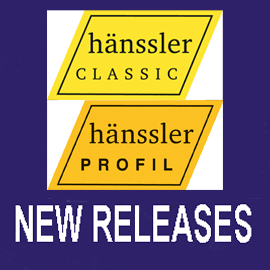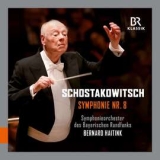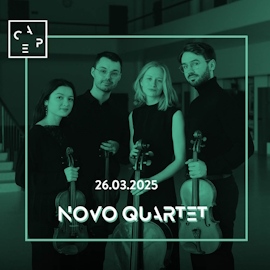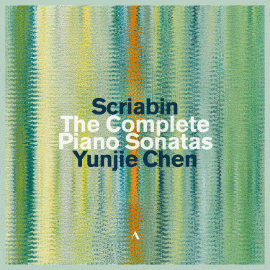Es gibt von Shostakovichs Achter eine Reihe herausragender Einspielungen, Rostropovich, Bychkov, Berglund, Sokhiev und, an der Spitze, Kitajenko. Nun kommt dieser Livemitschnitt von Bernard Haitinlk hinzu.
Das Adagio des ersten Satzes bringt vor allem den beißenden Schmerz und illusionsfreie Hoffnungslosigkeit zum Ausdruck. Das ‘Allegretto’ ist eines der spöttischsten, die ich je gehört habe, aber es endet realistisch mit zerfleischenden Schwert- und Hammerschlägen.
Das ‘Allegro non troppo’ lässt Haitink, darin Kitajenko nicht unähnlich, wie von selbst laufen in einer sinnlosen mechanischen Leere.
Im Largo versenkt er sich und uns dann in Leid und Trauer, um sich im Finale dem Wechsel von Ruhe, Galgenhumor und, einmal mehr, unendlichen Qualen hinzugeben.
Das Symphonieorchester des Bayerischen Rundfunks zeigt unter der suggestiven Führung von Bernard Haitink, dass es wirklich eines der besten Orchester unserer Zeit ist.
Shostakovichs Achte entstand 1943, die Aufnahme ist von 2006, und die Musik ist heute brandaktuell, angesichts des Terrors, dem das russische Volk unter der Führung eines herzlosen, grausamen barbarischen Herrschers ausgesetzt ist.
There are a number of excellent recordings of Shostakovich’s Eighth: Rostropovich, Bychkov, Berglund, Sokhiev and, at the top, Kitajenko. Now comes this live recording by Bernard Haitink.
The Adagio of the first movement expresses above all biting pain and illusion-free hopelessness. The Allegretto is one of the most mocking I have ever heard, but it ends realistically with shattering sword and hammer blows.
Haitink, not unlike Kitajenko, lets the Allegro non troppo run by itself in a meaningless mechanical void.
In the Largo, he then immerses himself and us in suffering and sorrow, only to indulge in the finale’s alternation of calm, gallows humor, and, once again, endless agony.
Under the suggestive baton of Bernard Haitink, the Symphonieorchester des Bayerischen Rundfunks shows that it truly is one of the finest orchestras of our time.
Shostakovich’s Eighth was written in 1943, the recording is from 2006, and the music is today still highly topical considering the terror to which the Russian people are subjected under the leadership of a heartless, cruel, barbaric ruler.
Bernard Haitink’s wife, Patricia Bloomfield: « He didn’t always like to hear my comments … »





















